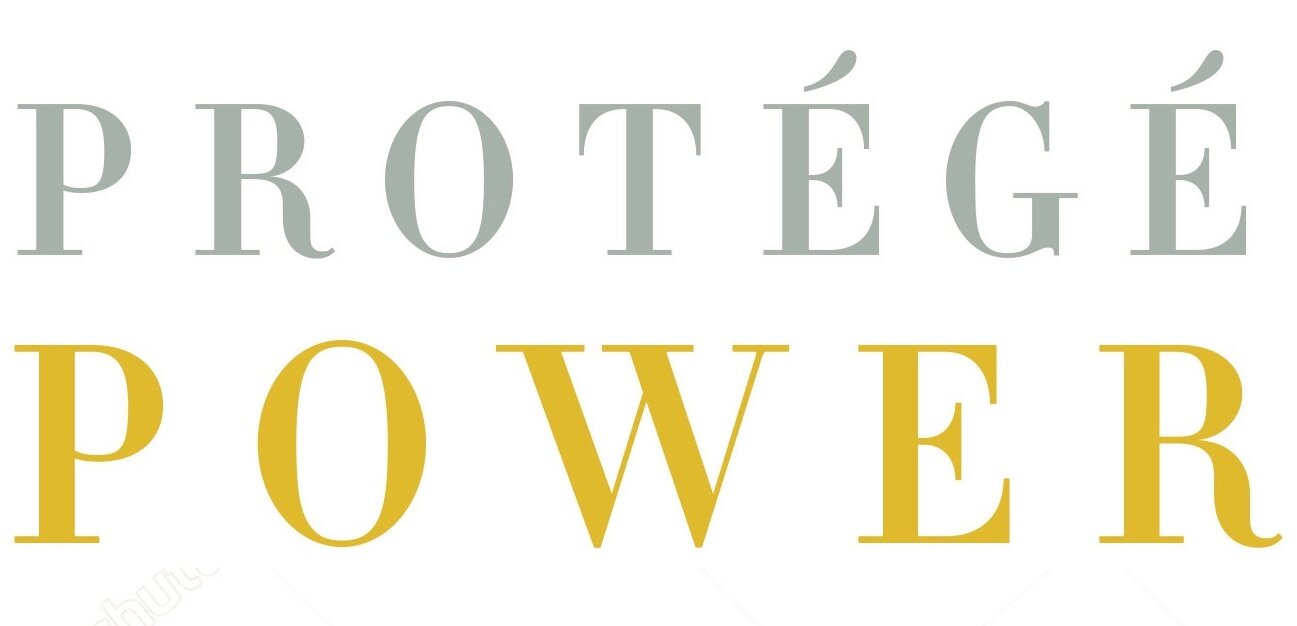Mentee: Flex & Say ‘Yes’ – Part 1
Embracing new ideas is vital in a mentoring relationship. Saying ‘Yes’ to considering and trying something new is essential for growth—a key objective in mentorship. However, a common phenomenon is when we hear a new or unexpected idea, we will reject it. You may have experienced this in a brainstorming session, where new ideas are reflexively dismissed with the swiftness of the Marvel superhero Quicksilver. If you are one who has received this type of rejection, it feels like having a door slammed in your face. How can we overcome this reactive response to fresh ideas in a mentoring relationship? Failing to do so risks potentially insulting your mentor and wasting their time.
Two things I have observed that can help one become more receptive to new ideas: A) Being down on your luck, rendering you more open to embracing something new because you have nothing to lose; and B) Enrolling in an improv class, which encourages spontaneity and acceptance of new concepts.
Since down-on-your-luck conditions can be quite taxing, let us explore a less costly and vastly more enjoyable option—taking an improvisation class.
Many cities have theaters that offer improv classes. If you are someone who does not seek to go on stage and perform for an audience, an “Improvisation for Non-Actors” class is perfect. I recommend this training for a person of any industry or ability set. I have taken improv classes with sight-impaired, neurodivergent, and wheelchair-bound learners, all of whom brought great gamesmanship, ideas, and spirit to the learning experience.
Participating in an improvisation class is like taking your imagination to the gym. With the right instructor and a safe space—which improvisation classes are known for—you will elevate your mental agility, self-awareness, and listening skills greatly. Imagine how deepening your listening and comprehension skills can impact all relationships in your life—an immeasurable bonus.
During my years in international banking and inspired by watching an improv demonstration, I brought this training into the workplace. I initiated an eight-week Basics of Improv class for 22 staff members, led by an instructor from a local theater. The goal was to help each person gain a better understanding of how to foster more creativity and innovation at work. Part of each students’ necessary transformation was to learn how to break free from an ingrained tendency to dismiss new ideas. Each of us suffered from this malady to one degree or another, without even being aware of it until we began working through simple creative exercises in class. In these activities, we discovered that judging and rejecting others’ ideas seemed a sad yet common characteristic of adulthood. We were “door slammers” all.
From that experience, here are three best practices to create improvisation class success:
Attentively Listen: Structure a distraction-free learning environment. Improv class involves steadily engaging with one another. Our instructor offered so much thought-provoking wisdom on how to foster the human dynamics for team innovation that, as a group of learners, we were spellbound. The disarming ride that was our Basics of Improv class made paying attention easy.
Flex Your View: This is where, depending on your life experience, you may need to apply conscious and steady effort. Our instructor guided us in identifying and dissolving fixed ideas concerning what it takes to create workplace relationships that generate expansion and propel new, previously unforeseen groundbreaking ideas forward.
Learn to Say ‘Yes’: Learning to say ‘Yes’ means building a new habit, which can require undoing years of a different ingrained habit: judgment and saying ‘No.’ Embracing this practice of hearing, experiencing, and opening your mind toward ‘Yes’ will enhance your creativity, problem-solving skills, and adaptability. In a mentoring relationship, such an approach has the capacity to generate job and career growth of unforeseen magnitude.
Taking an improvisation class can ignite your potential, helping you to become more open-minded and confident concerning the power of imagination—yours and others—and its many applications. This benefits you in a mentoring relationship, plus has the potential to inspire those around you to more securely embrace their own innovative capacities. For more understanding of these principles, check out the book Innovation at the Speed of Laughter: 8 Secrets to World Class Idea Generation by the Brave New Workshop comedy theater.
